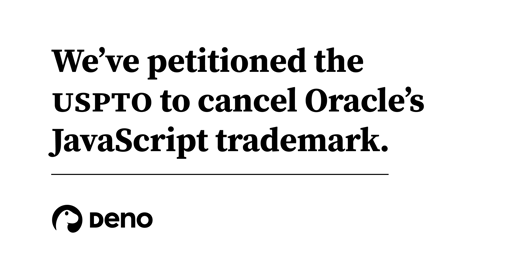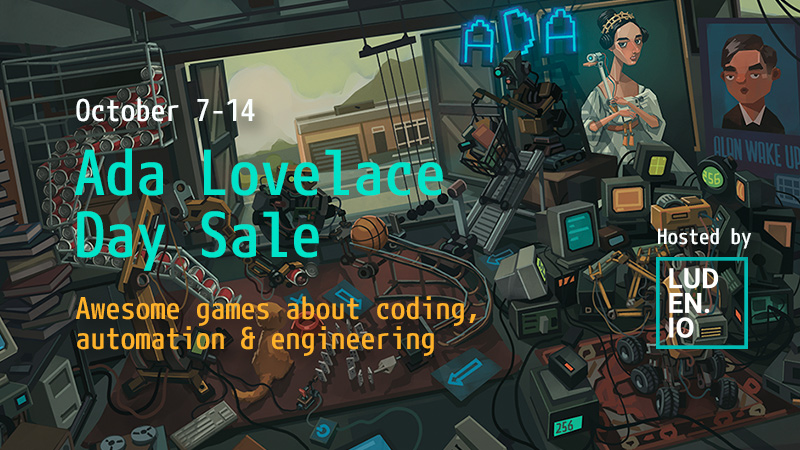There are two very distinct ways of developing software:
I read this as a claim that there is only two. Which seems to match the overall flow of the document, describing only two, and then arguing between those two as if only those two exist.
No, that’s wrong. Especially those two bleak, described extremes. They’re not the only ways to develop software.
The thing is, most humans are laughably bad at architecting software without actually writing it first. […] Agile development “fixes” this. You get to discover your spec on your user’s time and end up releasing faster. In the end (and oddly so if this were the 90s), fast food is indeed faster to make. But is it worth it?
What the heck are they even talking about anymore. Now one is the only feasible one. But then neither are.
Now, by the end, I have no idea what this was even trying to argue. Meant as entertainment, following two theoretical development process extremes? Formulating in the extreme to make a point? None of it seems to apply. No conclusion is made at the end, instead falling further into anecdotes and unrelated, far away equivalences that make the whole thing even more confusing.














Let’s put a story point estimation on that. Then we can extrapolate time range and risk.